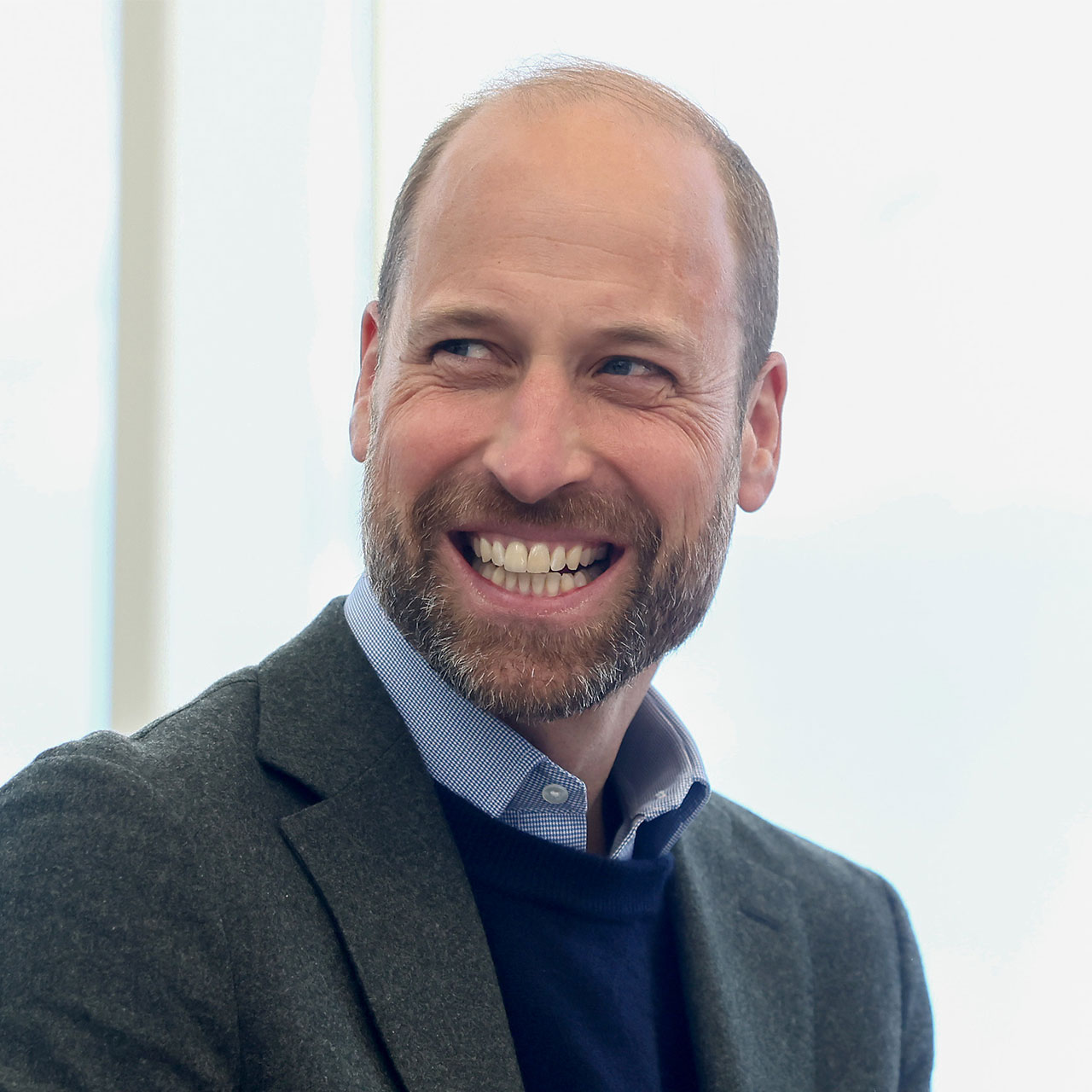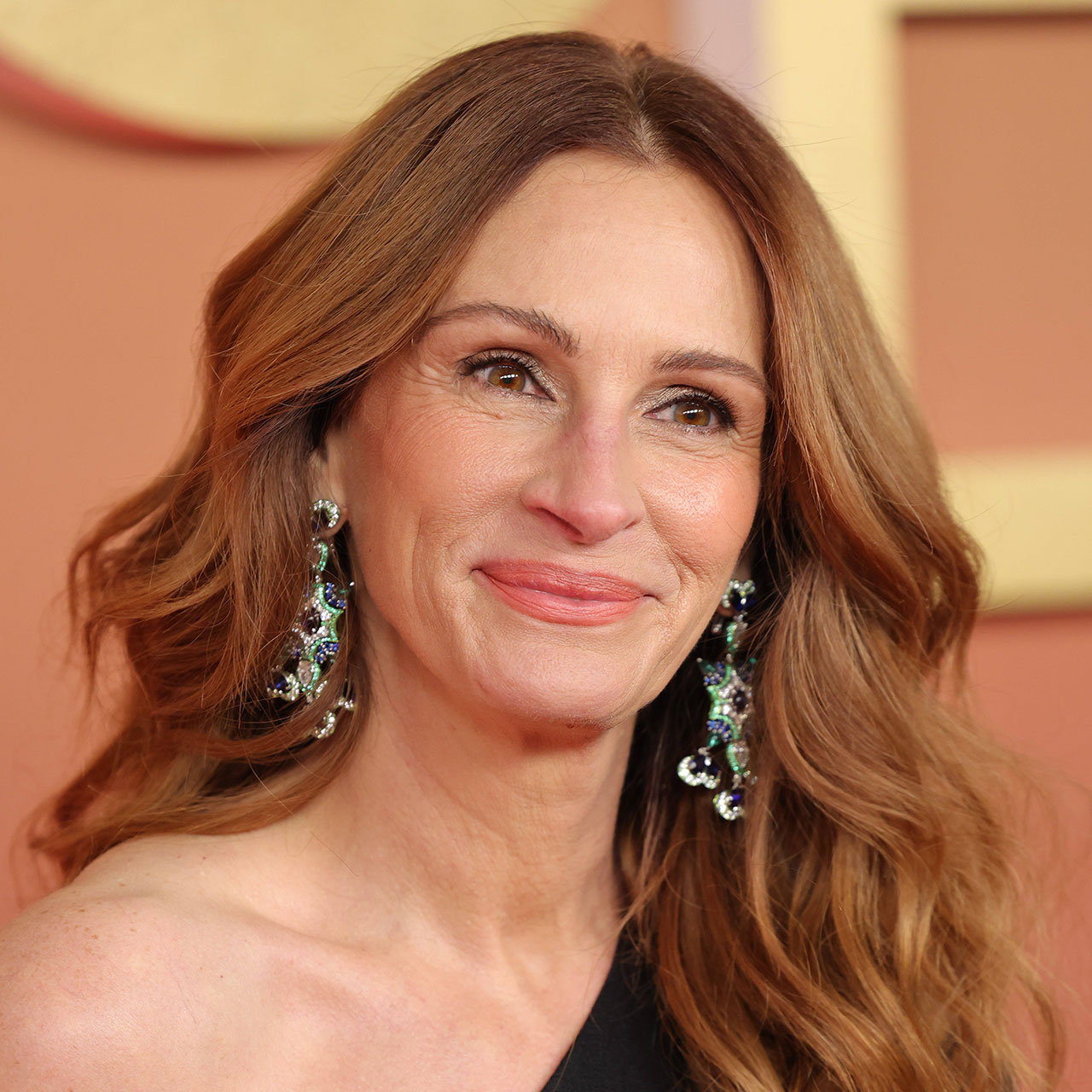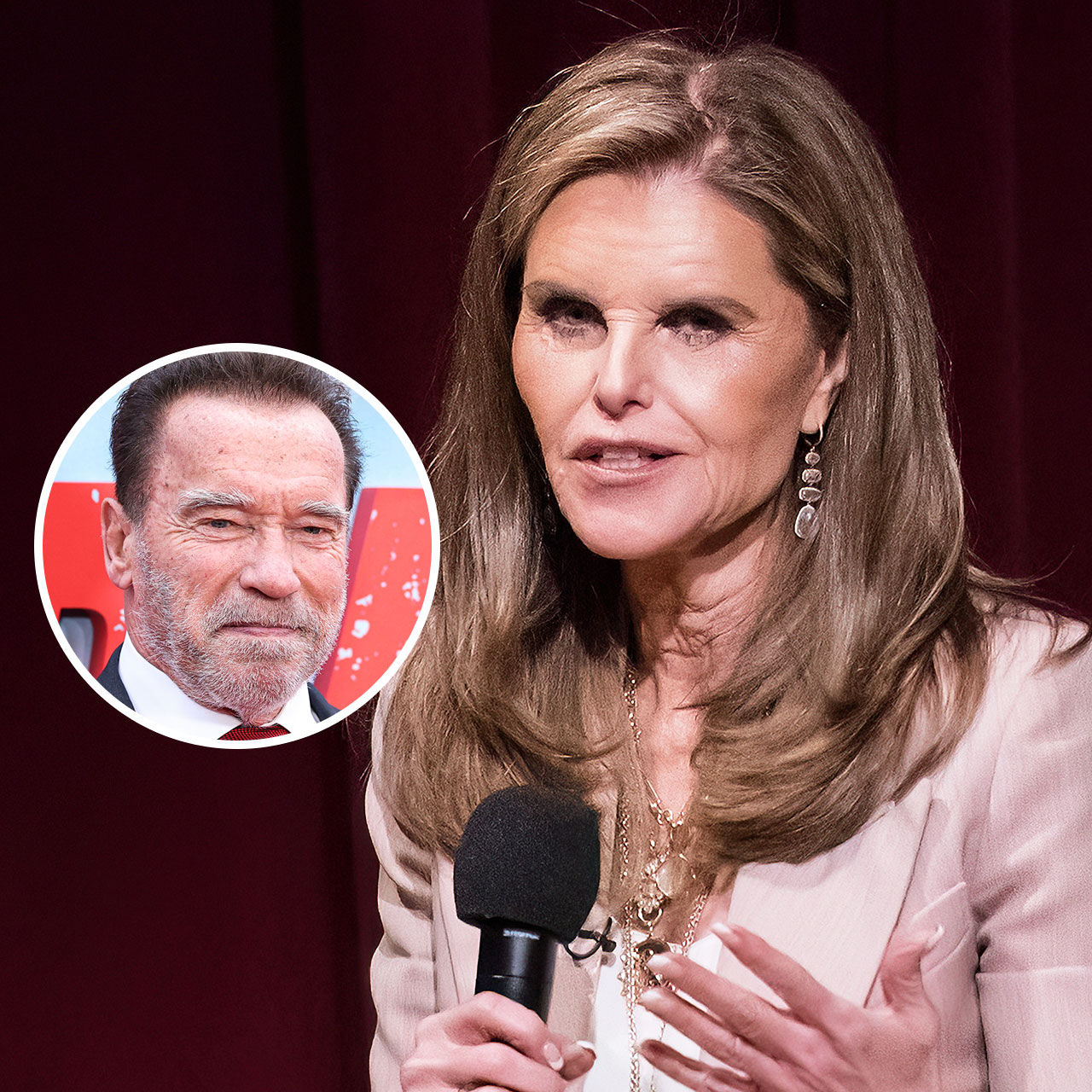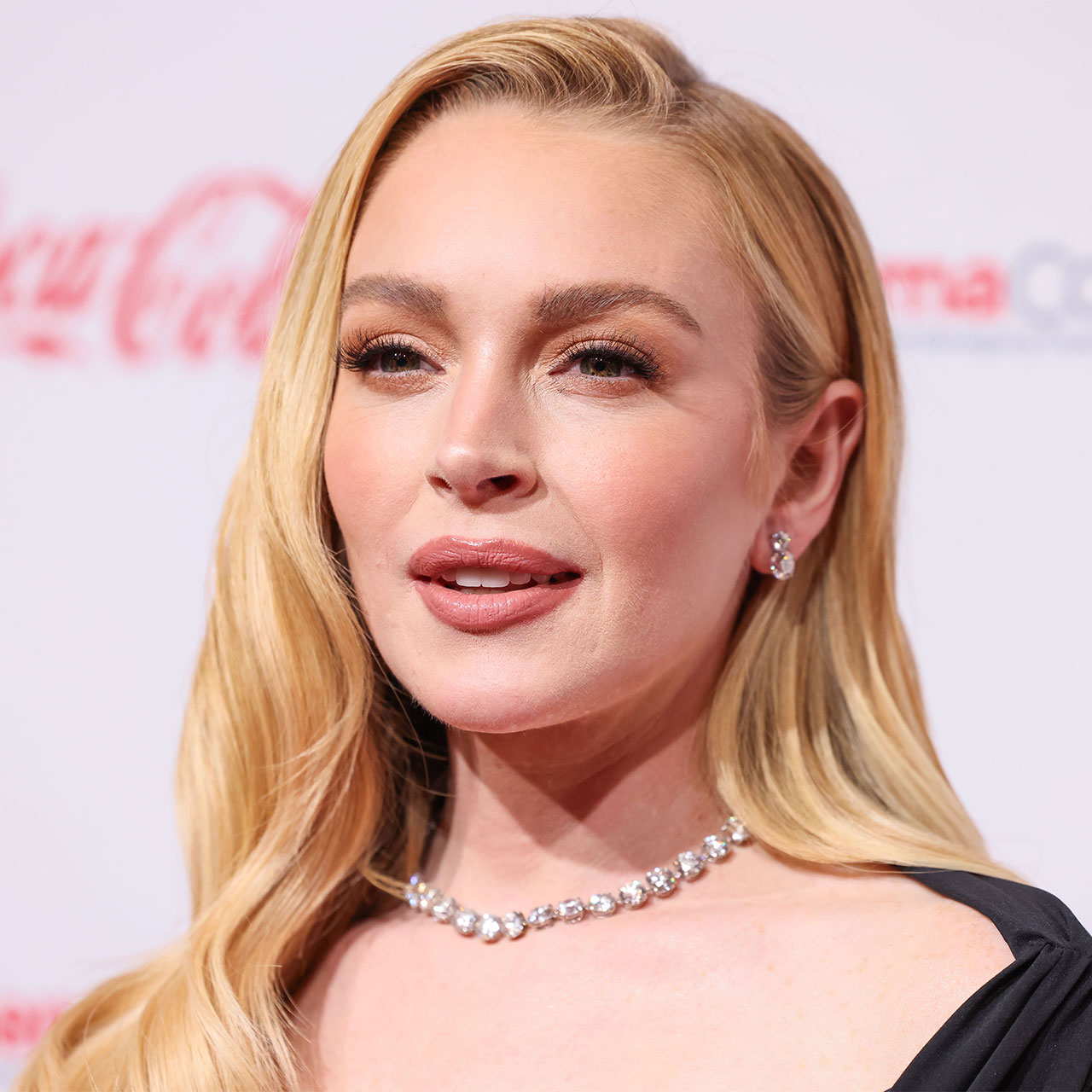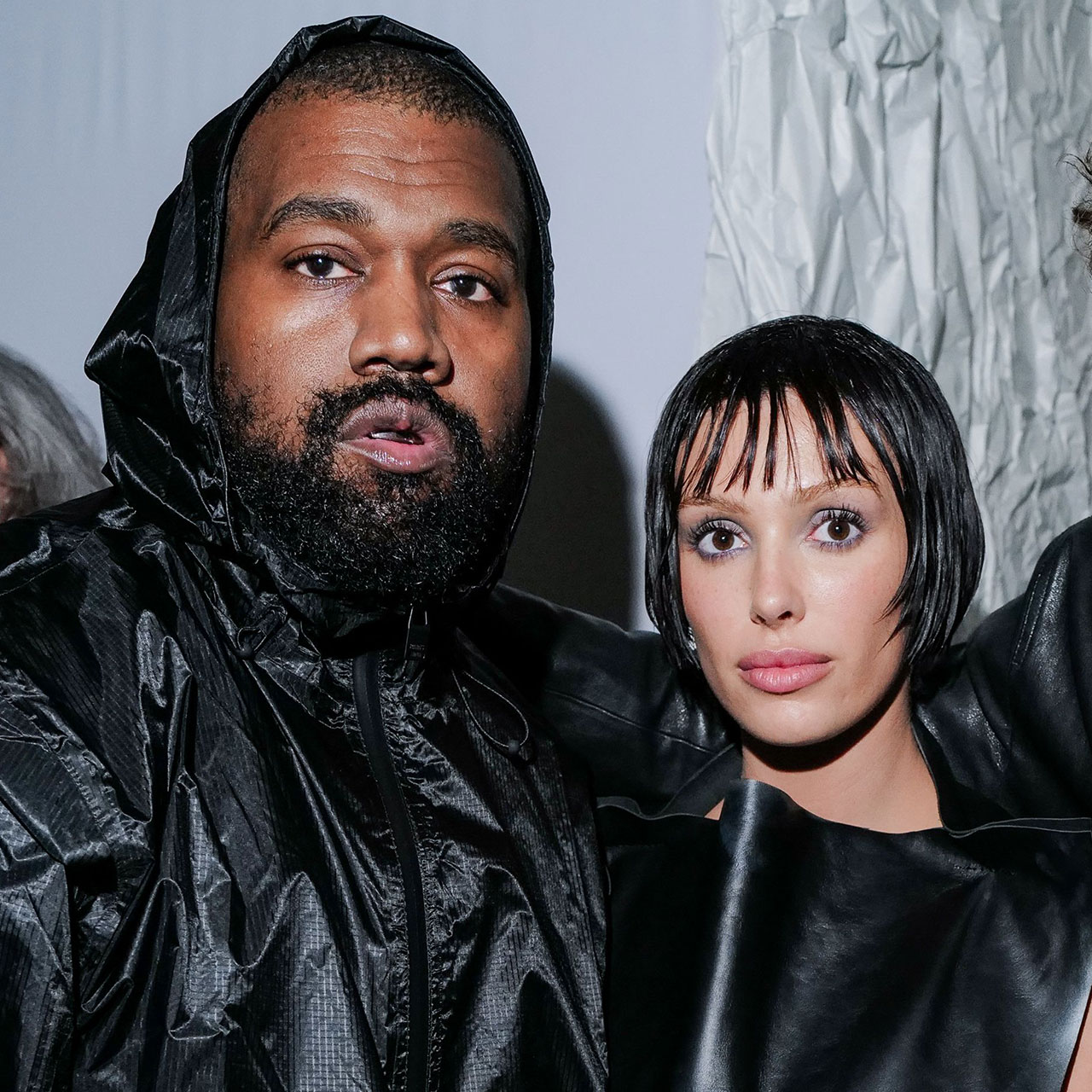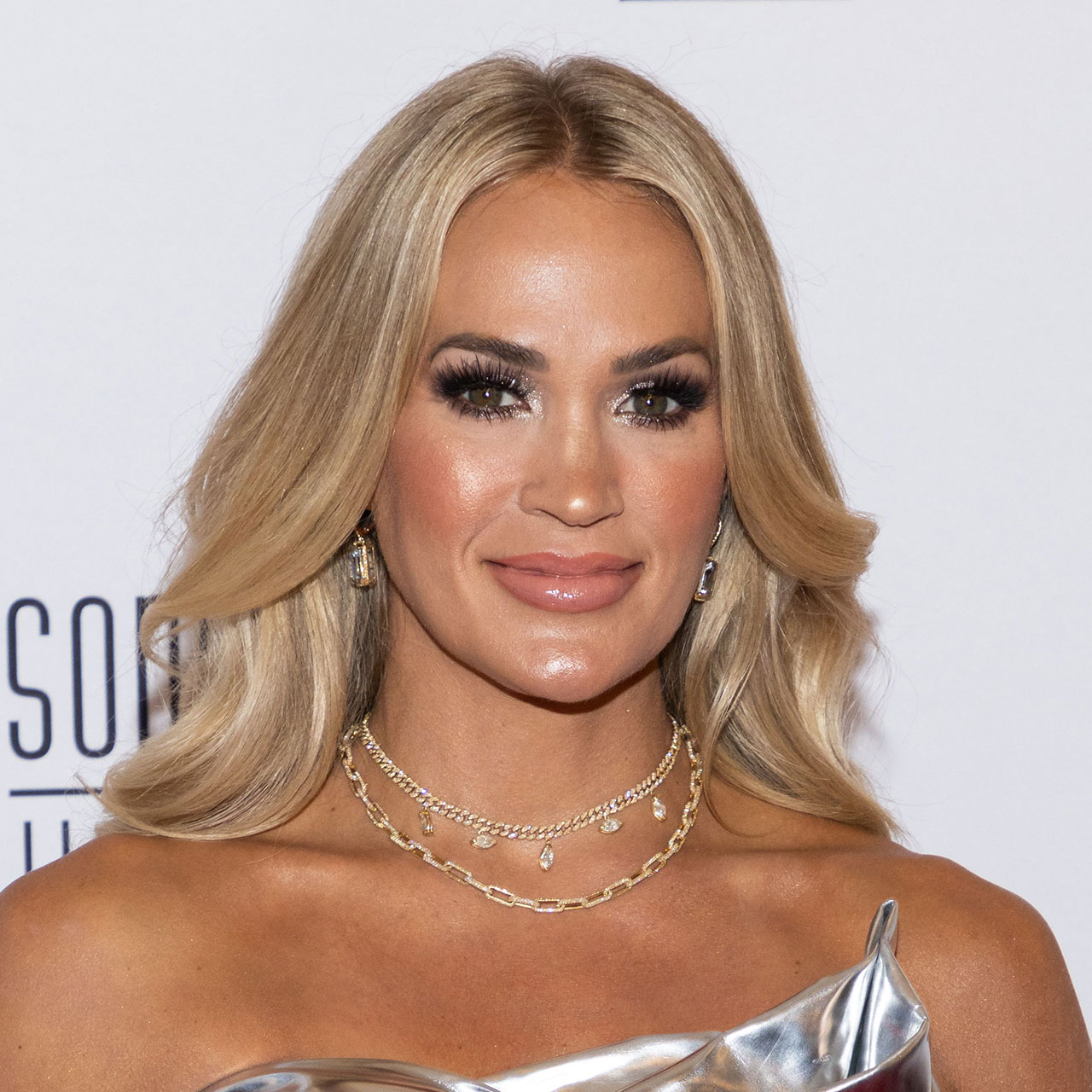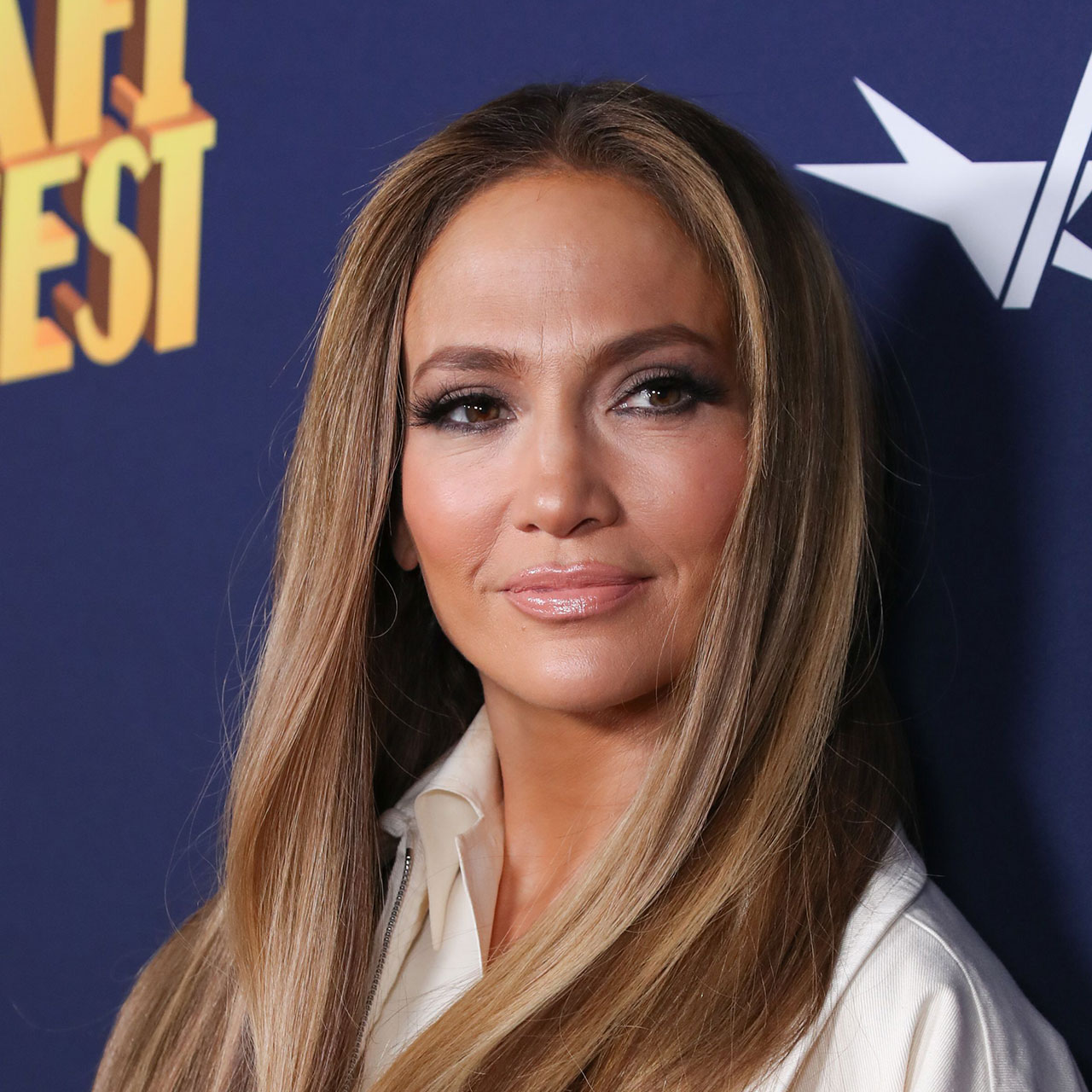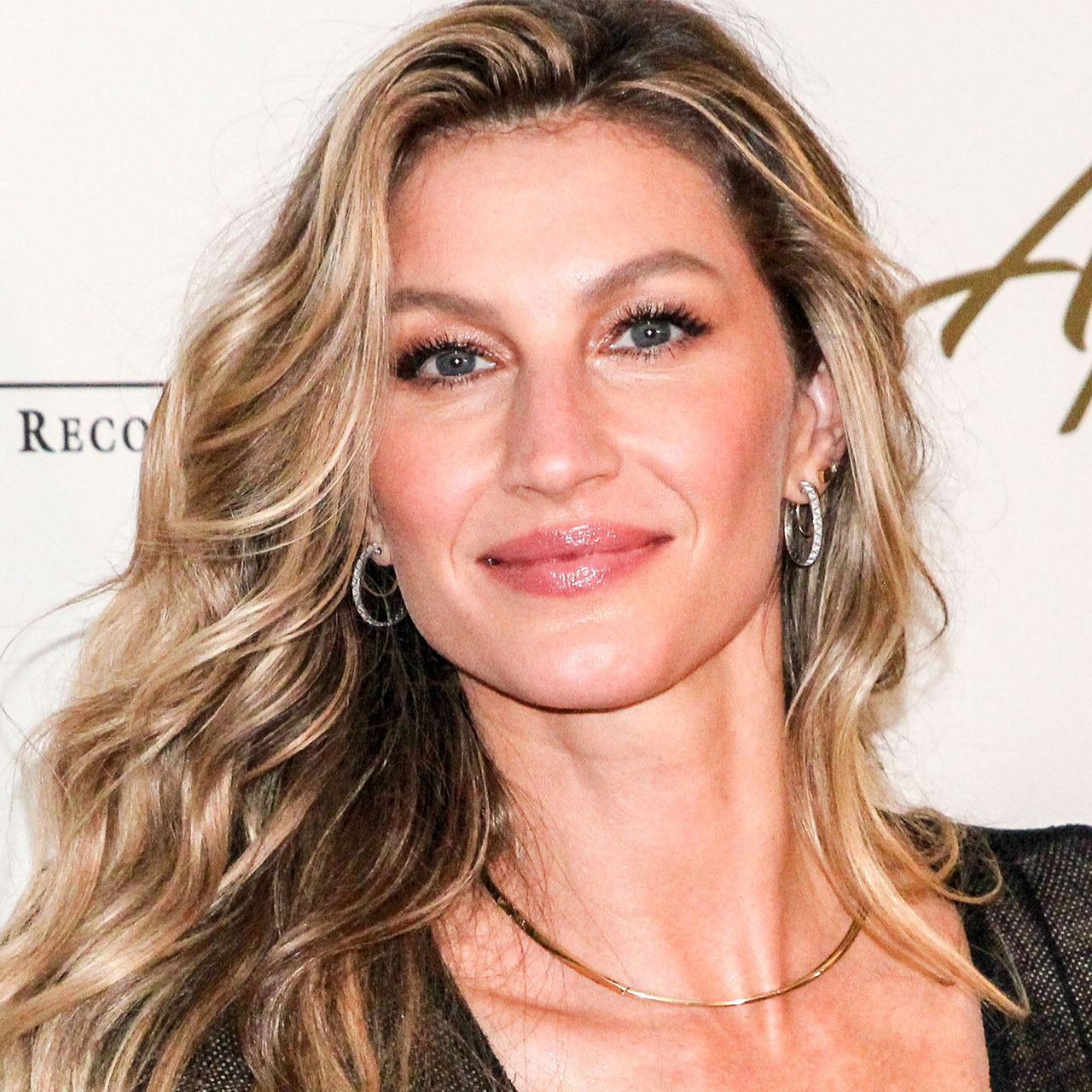Ever since the explosive Oprah Winfrey interview with Prince Harry and Meghan Markle aired in March of 2021, the Royal Family has been facing considerable criticism. Now, a royal expert has come forward, as GB News reports.
The insider shared that Kate Middleton was supposedly the one who spearheaded the demand for the royals to “lay down a marker” and challenge the narrative of the Sussexes.
Valentine Low, author of Courtiers, believes that the Duchess of Cambridge is a peacemaker in Prince William’s relationship with his estranged brother, Harry, but when it comes to the public image of the monarchy, Kate apparently isn’t afraid to take a stand.

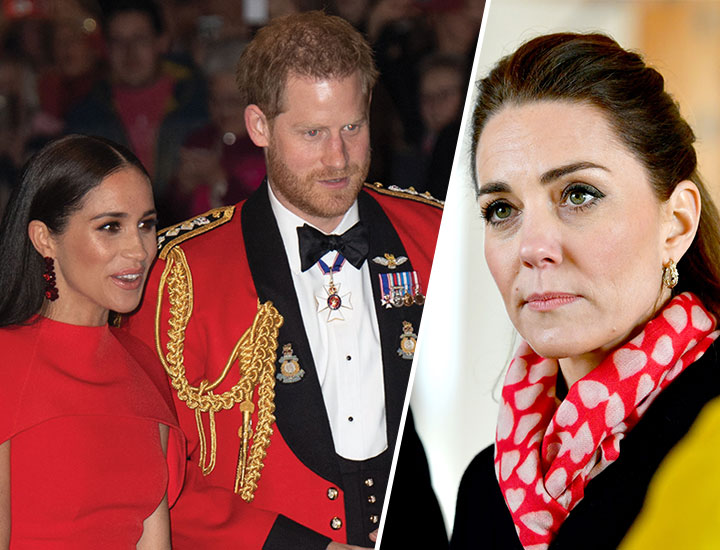
Did Kate Middleton Take a Stand Against the Sussexes After The Infamous Oprah Winfrey Interview?
According to the outlet, Low said: "[Kate] was often the peacemaker, or tried to be the peacemaker, with Harry. You saw that after Philip's funeral, when she kind of brought the brothers together."
After the late Prince Philip’s funeral in April 2021 came to a close, it was notably Kate, GB News writes, who made an effort to talk to Harry. They were then both joined by William when walking back to Windsor Castle before Kate stepped back, leaving the brothers alone to chat.
During Low's appearance on the Scandal Mongers podcast, the royal expert detailed the origins of the now-infamous phrase "recollections may vary" used in response to the Winfrey and Sussexes interview.
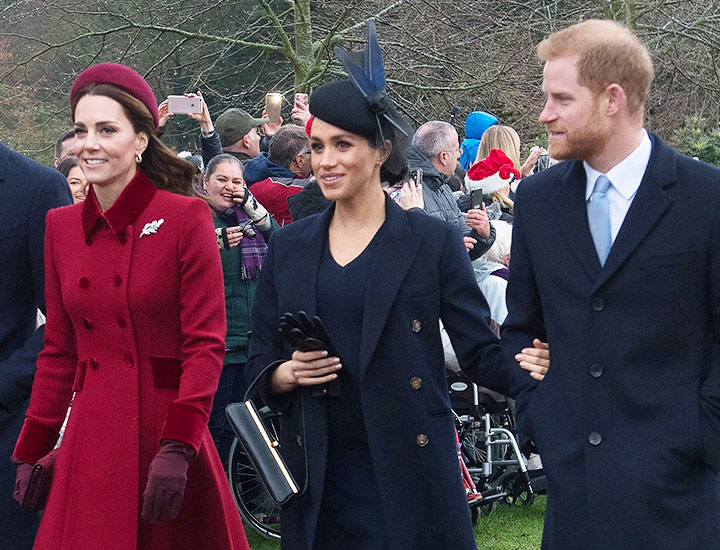
Princess Kate Supposedly Pushed For "Recollections May Vary" Phrase To Be Included
"A lot of authors have been claimed for that phrase, obviously it wasn't the Queen's own phrase [...] It turns out that was William's private secretary, Jean-Christophe Gray, he came up with it," Low said. The journalist added: "He only started in the job three weeks earlier, he was incredibly new to it when this whole Oprah Winfrey crisis came along."
The phrase has also been attributed to the late Queen Elizabeth’s then-press secretary Donal McCabe or King Charles' private secretary Clive Alderton.
However, when the royals were said to have wavered over including the phrase, "it was Kate" who pushed hardest for it to be included, Low noted.

"The person who was adamant that it should stay in was Kate [...] because she made the argument that 'we've got to lay down a marker to say that we challenge some of this narrative because otherwise it's going to be accepted as true and we've got the future reputation of the Royal Family to think about," Low said during his podcast episode.
He added: "It shows a side of Kate that's not always appreciated - that she's far steelier... she's thinking about the longer term."









